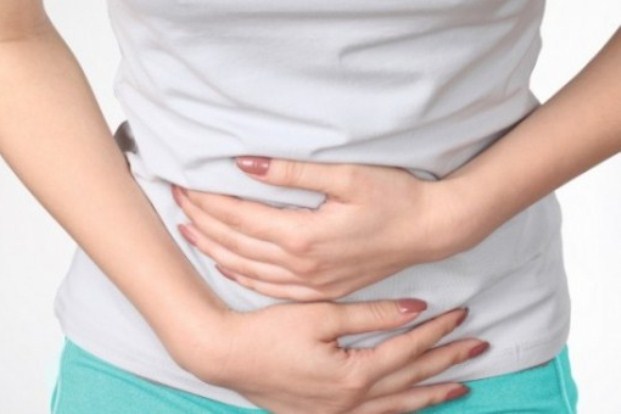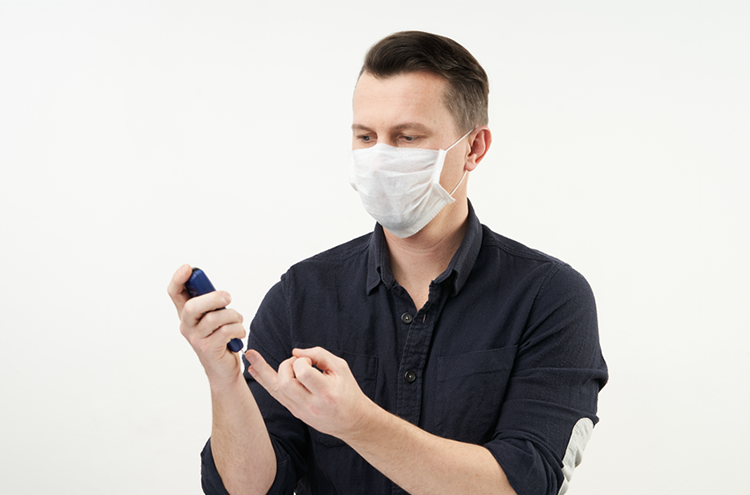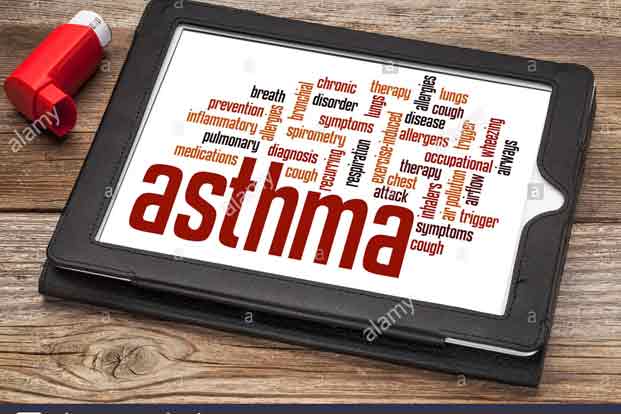Categories
- Bariatric Surgery (11)
- Black Fungus (5)
- Bone Marrow transplant (3)
- Brain Tumor Surgery Navigation Technology (20)
- Cardiac Surgery (66)
- Cardiology (97)
- Computer navigation technology for joint replacements (20)
- Covid Vaccination (17)
- Critical Care (2)
- Dental (19)
- Dermatology (31)
- Dialysis Support Group - “UTSAAH” (11)
- Dietitian (33)
- Emergency Medicine (4)
- Emotional Health (11)
- Endocrinology (33)
- ENT (20)
- Gastroenterology and GI Surgery (53)
- General and Laparoscopic Surgery (21)
- General Surgery (4)
- Gynecology & Obstetrics (183)
- Hematology (20)
- Internal Medicine (294)
- Kidney Transplant (50)
- Kidney Transplantation (20)
- Lung Cancer (8)
- Minimal Invasive Surgery (1)
- Mother & Child (20)
- mucormycosis (5)
- Nephrology (61)
- Neurology (147)
- Neurosurgery (68)
- Nutrition and Dietetics (107)
- Omicron Variant (1)
- Oncology (288)
- Ophthalmology (10)
- Orthopaedics & Joint Replacement (86)
- Paediatrics (59)
- Pediatric Nephrology (3)
- Physiotherapy (5)
- Plastic & Reconstructive Surgery (6)
- Psychiatry and Psychology (90)
- Psychologist (28)
- Pulmonology (72)
- Rheumatology (13)
- Spine Services (21)
- Transradial Angioplasty (16)
- Urology (84)
Query Form
Posted on Apr 19, 2022
How is Food poisoning diagnosed?
To diagnose food poisoning, a lot depends on the symptoms and the health history. Your doctor will review your health and may conduct few diagnostic tests, like as a blood test, stool culture or examination for parasites, to verify the cause and confirm the diagnosis. In a few cases, the cause of food poisoning can’t be a diagnosis. For a stool culture, your doctor will send a sample of your stool to a laboratory. Where a technician will try to identify the infectious organism.

Food poisoning diagnosis is done through the following ways:-
Physical examination
A complete physical examination may be ruled out a symbol of dehydration. Dehydration is basically caused due to excessive fluid loss due to diarrhea or vomiting.
Regular blood tests
Regular blood tests may be done in a few patients with severe food poisoning. Sometimes these are followed by checks for levels of blood electrolytes and to check for adequate kidney functions. In case of suspected hepatitis, A liver function tests may also be ordered.
Stool examination
Stool samples are examined in the case of Salmonella Shigella and Campylobacter. These infections commonly lead to bloody diarrhea. Sometimes stool culture may be prescribed.
Rectal examination
Rectal examination may be required in case of bloody stools. The doctor inserts a lubricated and gloved finger gently into the rectum for this tests and assesses if there are breaks in the rectal wall.
Imaging research
If the symptoms are found to be caused by any other illness, imaging studies are recommended. These include CT scan of the abdomen.
Toxoplasmosis test
In pregnant women with symptoms, there may be a risk of Toxoplasma infection. A toxoplasmosis test is advised by a doctor.



